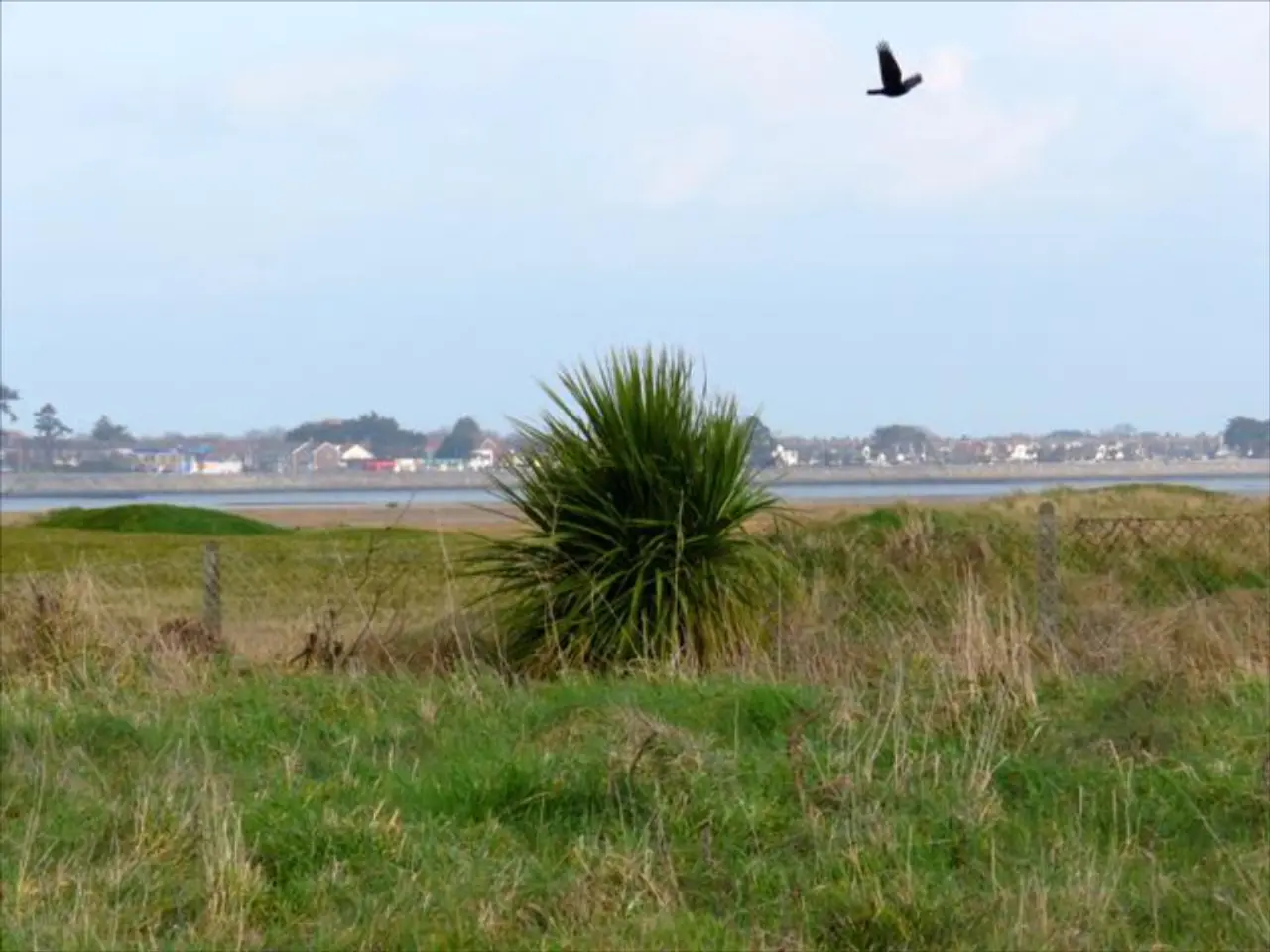Safeguarding Your Aviary: Best Practices for Bird Flu Prevention
In response to the current avian influenza prevention zone across Great Britain (England, Scotland, and Wales), it is essential for bird owners to take necessary precautions to protect their flocks and adhere to strict biosecurity and welfare rules.
**Biosecurity Measures**
The UK Government, in collaboration with the Animal and Plant Health Agency (APHA), provides comprehensive guidelines on biosecurity measures during avian influenza outbreaks. You can find detailed instructions on the [gov.scot](https://www.gov.scot/publications/avian-influenza-bird-flu/pages/licencing-for-protection-and-surveillance-zones/) and [gov.uk](https://www.gov.uk/government/organisations/department-for-environment-food-rural-affairs) websites. These resources outline the necessary precautions to protect birds in disease control zones.
In addition, the RSPCA Assured welfare standards suggest implementing additional biosecurity measures when there is a high risk of disease spread, such as enhancing hygiene practices and possibly restricting access to the farm or facility.
**Welfare Rules**
The RSPCA has detailed welfare standards for laying hens, which include measures to enhance bird welfare during confinement. These standards can be applied to other bird species as well, focusing on providing enrichment items, managing litter, and accommodating dustbathing needs.
During an outbreak, the humane culling of affected birds may be necessary as part of disease control measures, typically overseen by local authorities and APHA.
**Additional Resources**
Interactive maps provided by local governments can help check if your area is within a disease control zone, aiding in adhering to specific biosecurity and welfare rules applicable to your region.
Organisations such as the Royal Pigeon Racing Association and NFUonline often provide updates on avian influenza cases and the status of control zones, which can be useful for understanding the current situation in various parts of Great Britain.
Contacting the APHA directly or checking their website can provide more specific guidance tailored to your situation. Ensuring that birds are registered and that any necessary licenses are obtained is crucial for legal compliance and disease prevention.
**General Guidelines**
- Provide clean food and water for housed birds. - Ensure there is enough ventilation for housed birds. - Housing your birds reduces the risk of contact with wild birds, which can spread bird flu. - You must also speak to your private vet and put in writing why you cannot house your bird, the steps you are taking to protect them from bird flu, and keep a record of this.
**Additional Considerations**
- Before letting birds outside, check for the zone and follow the rules, as the virus that causes bird flu can stay infectious in faeces, carcases, and feathers for around 50 days. - To help keep bedding dry, you can put open water sources on raised, perforated plastic floors and place a container underneath to catch any water that drips through. - Pullets should be reared in an environment that matches the environment they will live in as adults. - If you see signs of feather pecking, you can reduce the light, provide more enrichment items, mash their food, add nutritional supplements to their drinking water, and seek advice from your vet or the FeatherWel website. - Make sure your housed birds are not overcrowded. - Netting can help reduce the spread of disease but wild bird droppings can still be a risk. - If you cannot house ducks and geese, keep them in fully netted areas. - Use good quality litter that crumbles easily for housed birds. - Existing buildings such as barns, farm sheds, outbuildings, garages, garden sheds, and verandas can be used to house birds, provided there is adequate ventilation and light. - Nets can be used to protect birds that cannot easily be housed, such as ducks, geese, and game birds.
By law, you must follow strict biosecurity and hygiene rules to prevent bird flu and stop it from spreading. It is essential to stay informed and take the necessary steps to protect your birds during this time.
In the pursuit of ensuring the health-and-wellness of their flocks and adhering to the strict biosecurity rules, bird owners in Great Britain may find it beneficial to adopt fitness-and-exercise routines that promote mental-health and physical well-being for their birds, as proposed research indicates that these practices may contribute to the overall resilience of poultry against disease outbreaks. Furthermore, during this avian influenza prevention period, it is crucial for bird owners to acquire knowledge about their birds' mental health, as stress and anxiety can potentially impair their immune systems, rendering them more susceptible to infection.




